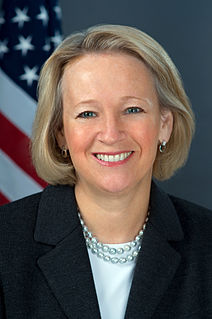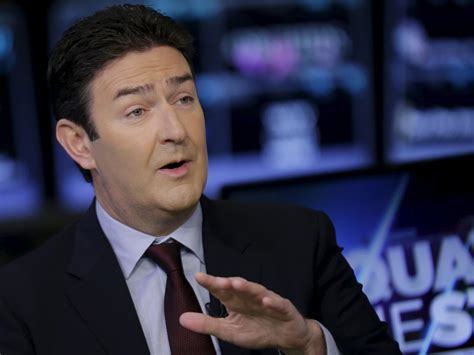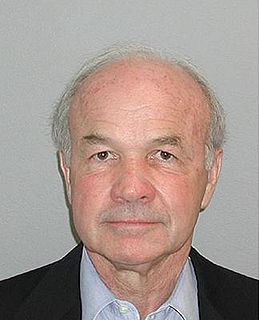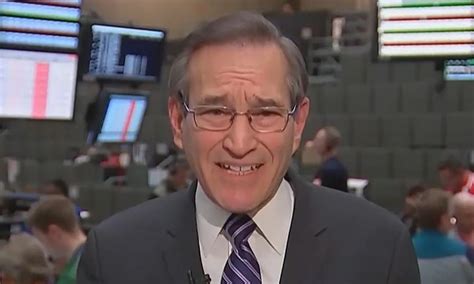A Quote by Richard Quest
Markets don't like instability, investors shy away from uncertainty, and consumer confidence goes down in difficult times.
Related Quotes
Too often, investors are the target of fraudulent schemes disguised as investment opportunities. As you know, if the balance is tipped to the point where investors are not confident that there are appropriate protections, investors will lose confidence in our markets, and capital formation will ultimately be made more difficult and expensive.
The U.S. and, to a certain extent, countries in Europe as well, have experienced growing inequality within their population for decades - a small group of people own the lion's share of the wealth. Populists take advantage of this, and their policies are extremely hard to predict. And this has serious consequences. Companies shy away from risk, postponing their investment decisions in times of uncertainty, the stock markets get nervous and unemployment threatens to increase.
Successful investors tend to be unemotional, allowing the greed and fear of others to play into their hands. By having confidence in their own analysis and judgement, they respond to market forces not with blind emotion but with calculated reason. Successful investors, for example, demonstrate caution in frothy markets and steadfast conviction in panicky ones. Indeed, the very way an investor views the market and it’s price fluctuations is a key factor in his or her ultimate investment success or failure.
































